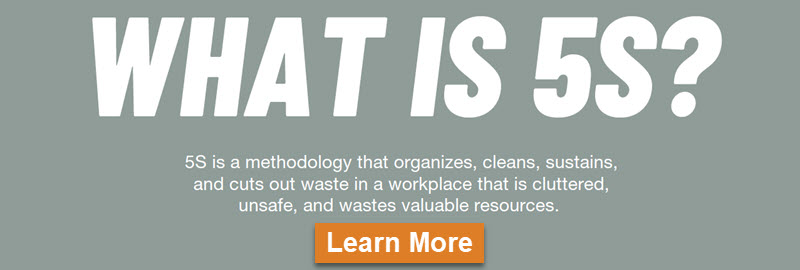
South Dakota State Sign Regulations
Our South Dakota State-Specific Signs Compliance – Resource Bulletin will help you understand a variety of signage rules, regulations and requirements enacted in the state. Topics include:
- No smoking signs
- Swimming pool signs
- Concealed weapon signs
- Cell phone signs
- Baby surrender signs
Use the Download button to open this bulletin as a pdf file.
Bulletin Overview
No Smoking Signs
The State of South Dakota prohibits smoking in all public places and places of employment, including restaurants and bars. Exemptions to the statewide ban are granted to cigar bars, retail tobacco shops, and designated hotel/motel rooms. Title 34-46-14 became effective on 11/10/2010. (1240.1)
Swimming Pool Signs
The State of South Dakota no longer regulates the operation of public swimming pools and spas. The Department of Environment & Natural Resources (DENR) does refer to some recommended standards for pool design and operation.
Concealed Weapon Signs
The State of South Dakota allows its residents to carry a concealed firearm (CCW) provided they have been issued a permit granted by the sheriff of the county in which they reside. Among the requirements for issuing a permit are; an applicant must be at least 18 years old, has not been convicted of a felony, does not have a diagnosed addiction to alcohol or a controlled substance, and has not been declared mentally incompetent. There are certain places such as schools, bars, courthouses, etc. where CCW is forbidden even with a permit. South Dakota honors the CCW permits of a number other states.
Cell Phone Signs
As of 7/1/2014 South Dakota has barred all drivers from texting while driving. Drivers under 18 are barred from using handheld wireless devices while driving a motorized vehicle. Consult your local municipality for any local regulations. (32-26-47)
Baby Surrender Signs
Since the first baby surrender (safe-haven) law was enacted in Texas in 1999, all U.S. states, as well as the District of Columbia, have passed safe-haven legislation. The laws allow an unharmed infant to be relinquished to the proper authorities.


